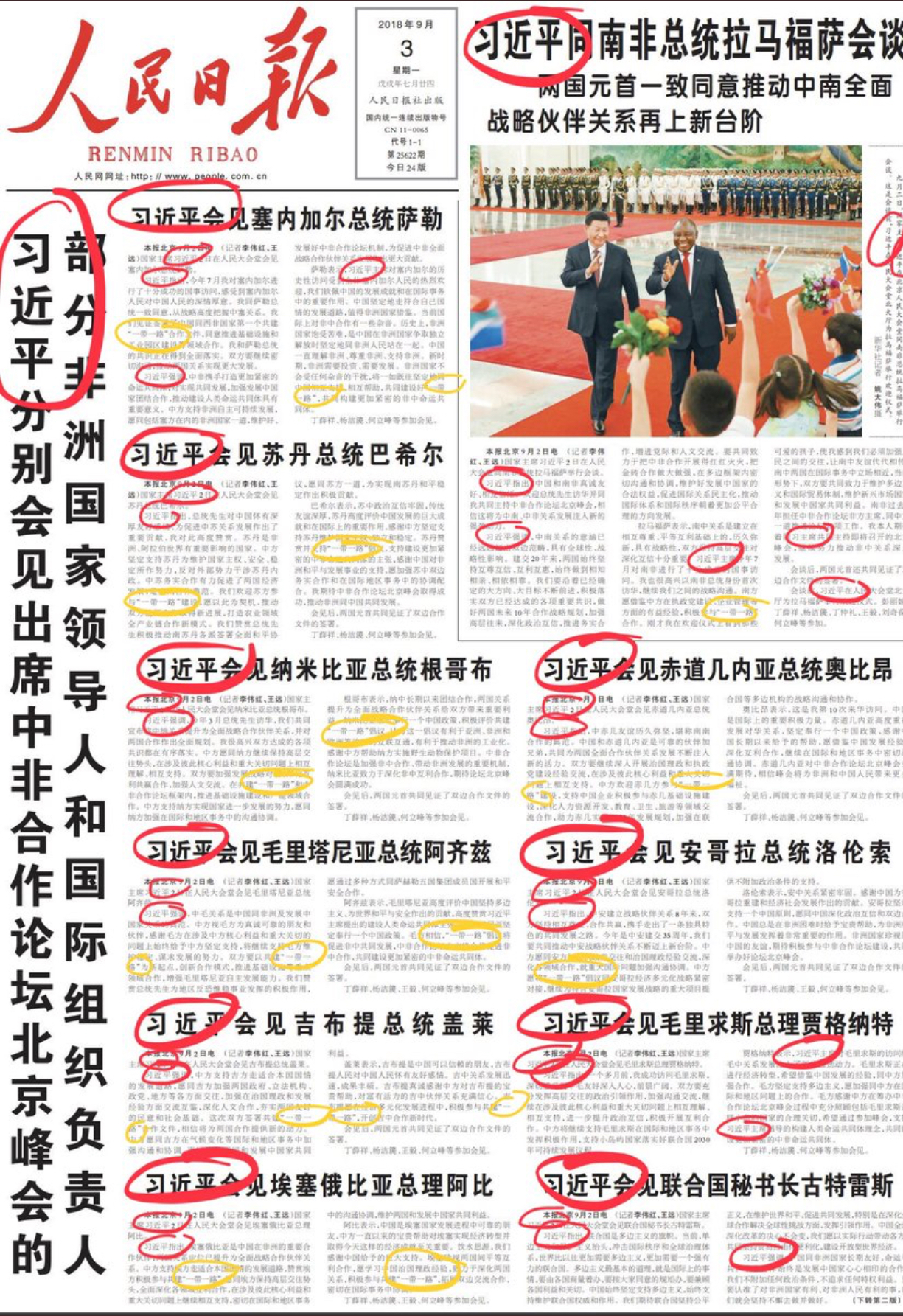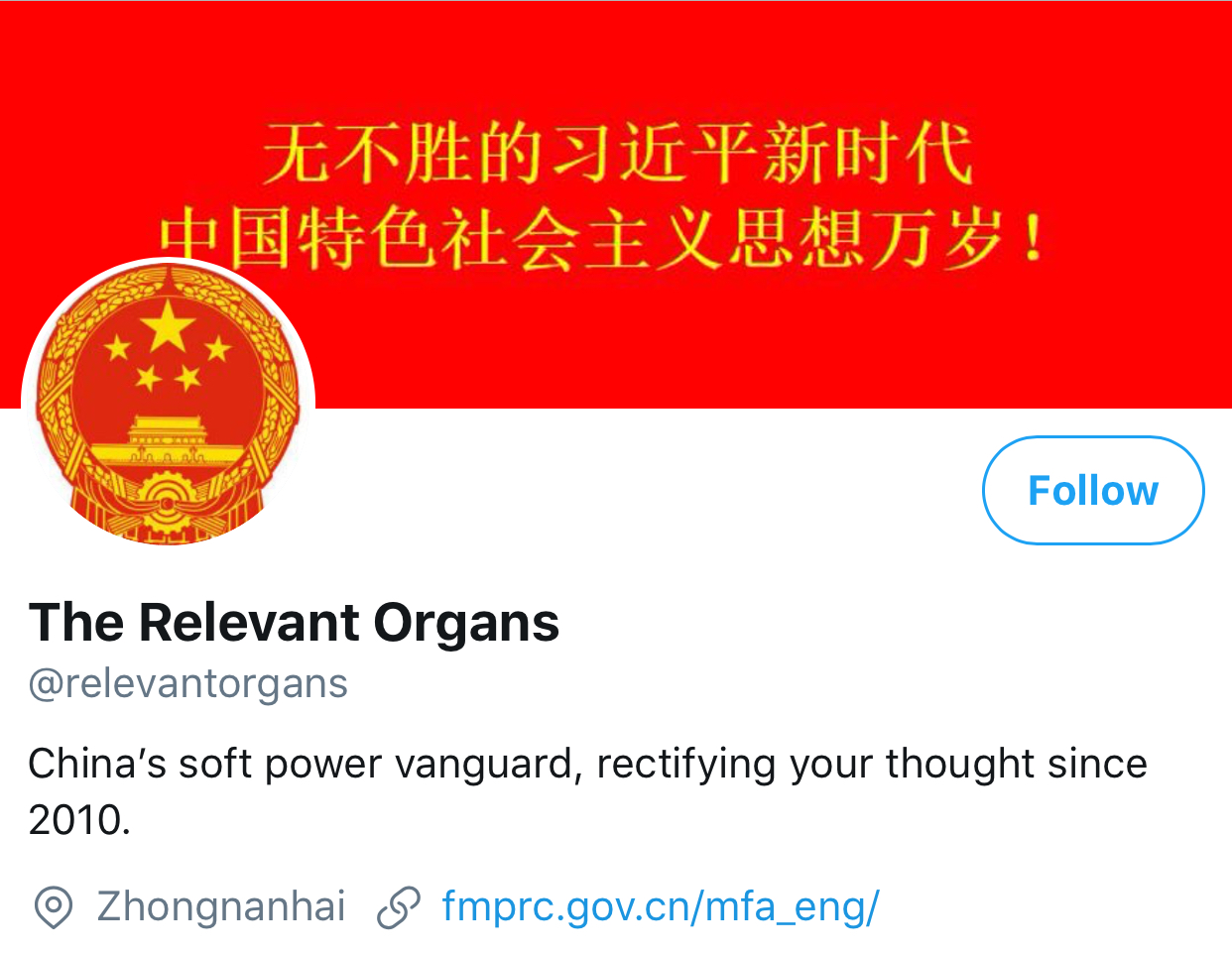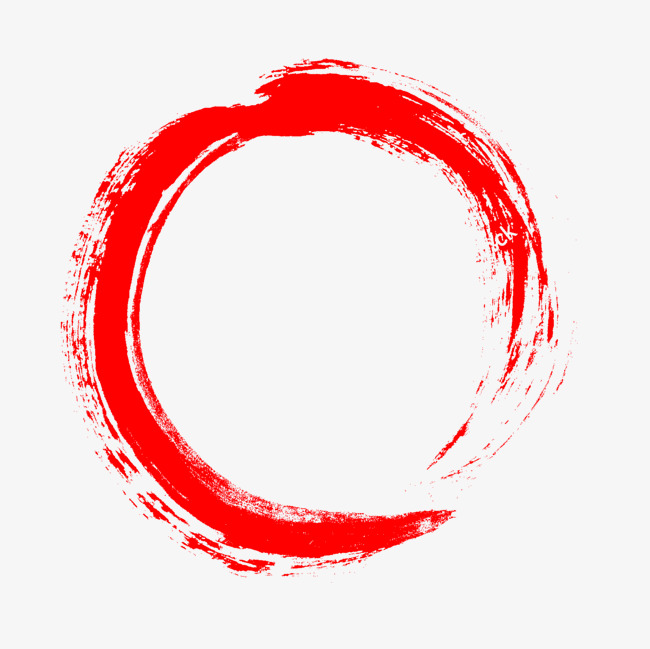After sharing with friends a copy of the front page of People’s Daily dated 3 September 2018 as marked up by the canny and caustic comrades with ‘The Relevant Organs’ (@relevantorgans) — ‘China’s soft power vanguard, rectifying your thought since 2010’ — Orville Schell and Susan Jakes of ChinaFile asked me to write a few words of commentary. The following essay, first published by ChinaFile on 4 September 2018, is the result. It compliments Mendacious, Hyperbolic & Fatuous — an ill wind from People’s Daily (China Heritage, 10 July 2018) and Homo Xinensis (China Heritage, 31 August 2018).
***
Banana republics are known to be extremely hierarchical. In general, they are characterised as having a dominant plutocracy that is aligned with various business and military elites. Together they rule over a quiescent middle class and a vast and impoverished working class. Readers may be forgiven for mistaking this both as a description of China’s People’s Republic as well as a political portmanteau for successive administrations of the United States of America. Given the ongoing performances of the Grand Guignol on both sides of the Pacific, such confusion is unavoidable. (See A Monkey King’s Journey to the East, China Heritage, 1 January 2017.)
China’s Communist oligarchy is being re-invigorated by Xi Jinping, a member of the founding Red Gentry of the People’s Republic. As a student in northeast China in the years before Mao’s death, I remember how, during the bitter winter months of 1975-1976, we enjoyed a shipment of bananas from some fraternal dictatorship in Africa. On the conveyor belt of BRI China is now returning the favour.
***
Despite a generally justified suspicion of inimical foreign forces, The Relevant Organs are mindful of our well-established status as a zhèngyǒu 諍友 of the People’s Republic. As a result, they have magnanimously granted us permission to reprint their highlighted version of the front page of People’s Daily below.
The following may also be read as a tutorial in our series Lessons in New Sinology, as well as being an addition to Watching China Watching.
— Geremie R. Barmé
Editor, China Heritage
5 September 2018

Reading in Circles
A New Sinology Opuscule
From the late 1940s, after having read official telegrams and documents Party leaders would generally describe a circle next to their name in the list of recipients. They often used a Chinese writing brush for the task, as these were still in common use. The practice became known as ‘Circle Reading’ 圈閱. It meant that the relevant leader had ‘read’ or at least ‘acknowledged’ the document in question. Similar to the clipped expression ‘[We] know this’, or ‘noted’, 知道了 (saha in Manchu), used by emperors during the Qing dynasty, to ‘circle read’ a document allowed Party leaders to fulfill their responsibilities without having to express an opinion. ‘Circle Reading’ is a term with in-built deniability.
(The case is also made that Wang Anshi (王安石, 1021-1086), a controversial proponent of major socio-economic reforms in the Song dynasty, was so swamped by documents that he only had time to acknowledge having read them by signing 石 shí, the last character in his name. Eventually, Wang further simplified his signature to ‘〇’, 圈 quān or ‘circle’. Hence, quānyuè 圈閱, ‘to circle [a document indicating that it has been] read’.)
When The Relevant Organs ‘Circle Read’ the front page of People’s Daily, it was evident that, inside the charmed Red Circle, there was only room for one.
— The Editor
Peak Xi Jinping?
Geremie R. Barmé
4 September 2018
At the start of the Cultural Revolution in May 1966, Lin Biao, the man who had created the Little Red Book of Mao quotations and the head of the People’s Liberation Army, declared: ‘Every statement by Chairman Mao is the Truth; one sentence of his is worth more than 10,000 sentences of ours’ 毛主席的話,句句是真理,一句超過我們一萬句. He added: ‘Chairman Mao’s words are the guide for our actions. Whoever opposes him will be obliterated by the whole party and denounced by the whole nation’ 他的話都是我們行動的准則。誰反對他,全黨共誅之,全國共討之. In a rambling speech at the same meeting, Zhou Enlai hailed Mao as the unparalleled leader of world revolution and Mao Zedong Thought as ‘the apex of Marxism-Leninism’ 毛澤東思想是馬列主義的頂峰.
Mao claimed that he had reluctantly agreed to the personality cult created by Lin Biao, but until his death in September 1976, his name was sacrosanct, his image sacred and his words holy writ. For a time, when greeting each other, or starting phone conversations people were required to recite a Mao quote as a benediction. Families were expected to bow to Mao’s portrait first thing in the morning to tell him about their plans for today; at night they would report back on the day’s revolutionary achievements. In the media, Mao’s words were featured in bold type and a daily ‘Highest Directive’ from the Chairman was printed in the top-right-hand corner of People’s Daily, where the weather forecast had previously been.
The adulation of Xi Jinping, China’s State President, Party General Secretary and Chairman of the PLA Military Commission, has yet to reach similar lofty heights. However, on 3 September the official Beijing media took a brave step in the direction of Mao-era excess. In reporting on the Forum on China-Africa Cooperation and Xi Jinping’s meetings and talks with various heads of African nations, the front page of the People’s Daily featured Xi’s name no fewer than 45 times. Looking for all the world like an artist’s spoof, a work of Sino-surrealism, the front page may eventually become a collector’s item. Or does it represent China’s new normal? Rong Jian 榮劍, a well known observer-critic of party-state absurdities, immediately commented via Twitter:
This is astounding; surely not the work of rational minds. Or is it really their mindset? Maybe there’s a medical explanation for it? 這樣的做法令人匪夷所思,這不是正常人的思維可以做出來的,這是一種思維或心理?醫學上有無解釋?
Following his ‘selection’ as head of China’s ruling party, government and army in 2012-2013, Xi Jinping moved quickly to establish himself by creating a series of ‘leading groups’, with a hand-picked membership and himself in the chair. So many of these super bodies were announced in rapid succession that I took to calling Xi China’s ‘Chairman of Everything’. By the end of his first year in office, Xi had amassed more titles that Mao Zedong and, on paper at least, he was on his way to becoming the most powerful leader in Chinese history.
Autocracy is addictive. Forty years ago, Deng Xiaoping and his colleagues, including Xi’s reformist father, Xi Zhongxun, were aware of the enticements of unchecked power. That’s why they instituted binding limits on future leaders.
But it was not long before the ideologues revived an Mao-era slogan to encapsulate the re-invigorated Party domination of Chinese life that Xi Jinping envisaged. ‘Everything in China’, it was declared in January 2016 (echoing what Mao had said in December 1973), ‘is under the direction of the Communist Party: party, state, army, civilian life and education, as are all points of the compass, east, south, west, north and the centre’ 黨政軍民學,東西南北中,黨是領導一切的. Xi was not only Chairman of Everything, he was also Chairman of Everywhere and Everyone.
Then, in March 2018, the Party directed the National People’s Congress to vote down a 1982 article in the Chinese Constitution that limited state leaders to two five-year terms in office. Deng Xiaoping had introduced the stipulation as part of a series of measures aimed at frustrating potentially ambitious and power-hungry leaders in the future. Of course, in 2018, the supine state media praised the peerless wisdom of the decision; it was evidence of the country’s stability and the admirable policy continuity of the ‘New Epoch of Xi Jinping’. Now Xi enjoys the equivalent of ‘terminal tenure’ and China potentially has a President-for-Life.
[Note: 新時代, portentously used by Xi Jinping for his rulership, is best translated as ‘New Epoch’. ‘New Era’ or ‘New Period’ 新時期 was employed by propagandists to mark the post-December 1978 reform period ushered in by Deng Xiaoping. Even in this, Xi is overwriting Deng.]
Some months ago, Chris Buckley, a celebrated Beijing correspondent for The New York Times, suggested a new subfield of China Studies and China Watching: Ximiotics. This pursuit already involves the analysis of Xi’s fashion choices, posture, expression, and girth as revealed in reports on his activities in the state media. For my part, I have been studying Homo Xinensis, the New Person of the Xi Jinping Epoch.
Xi-watching promises rich pickings and a rewarding future. From historical precedent we know that autocrats and patriarchs like Xi Jinping share the same predicament: once they are ensconced in power, and even as they exercise it and hold sway over their dominion, the countdown to their demise has started. In dynastic China, superstitious sycophants tried to ward off the inevitable by hailing the emperor as ‘Lord of Ten Thousand Years’ 萬歲爺. In the dying days of the Maoist era, the Chairman’s inevitable demise was spoken of in hushed tones and courtiers employee euphemisms like ‘After One Hundred Years’ 百年之後, or when ‘He Goes to Meet Marx’ 去見馬克思. The old materialist himself mocked the refrain that was constantly on the lips of his devotees — ‘We Respectfully Wish Chairman Mao Longevity for Ten-thousand Years Without End!’ 敬祝毛主席萬壽無疆. On 18 August 1966, only a few months after Lin Biao and Zhou Enlai’s hosannahs quoted above, Mao responded to Luo Xiaohai 駱小海, a founder of the original Red Guards, by scoffing: ‘Even a long life of ten-thousand years has its limit!’ 萬壽也有疆麼! (From Luo’s interview, see the documentary film Morning Sun, Boston: Long Bow Group, 2003.)
The new leader’s unlimited tenure coupled with absolute titular authority means that China Watchers, both in- and outside the People’s Republic, will henceforth be on a deathwatch for Xi Jinping, just as their predecessors were for Mao over four decades ago. Every appearance, or absence, every trip or statement, every handshake and costume change will be fodder for analysis. Whom he appears with, and in what order the names are recorded in media reports, or how the images are composed, when, how and why he moves, acts, speaks or eats will necessarily spark speculation. In the 24/7 world of social media surveillance, even an unexplained absence from the front page of People’s Daily generates feverish speculation, just as appearing on it 45 times in one day is grist for the mill.

And such is the perilous nature of sycophancy and one-man rule. After all, Chairman Xi did indeed meet with all of those African leaders attending the Forum in Beijing as they lined up for Chinese aid and largesse. Each mind-numbingly dull encounter was duly reported in meticulous detail according to the Byzantine pecking order of China’s global politics of ensnare, succor and exploit. Reports in the media had to be cast in a carefully honed phraseology that reflects China’s rejigged concept of Tianxia, the ‘China universe’, one in which the world is arranged in a tiered hierarchy relative to Beijing. Which writer or editor would be foolhardy enough to go off script?
An old Chinese adage holds that ‘keeping the company of a ruler is as perilous as lying with a tiger’ 伴君如伴虎. For all of his extravagant praise for Mao, Lin Biao himself learned the perils of sycophancy: he died in mysterious circumstances after having failed in an attempt to foreshorten Mao’s ‘longevity of ten thousand years’. Henceforth, Xi Jinping will be just as worried about those who are too lavish in their praise, as he is about those who have too little to say.
***


